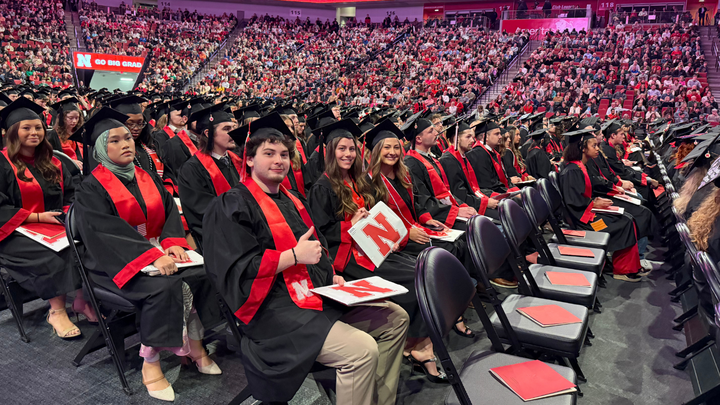A recent study, “We Love You, We Hate You: Fan Twitter Response to Top College Football Recruits’ Decisions,” explores how fans interact with recruits before and after college commitments.
The study was conducted by Jason Stamm, assistant professor at the University of Nebraska-Lincoln College of Journalism and Mass Communications and Brandon Boatwright, assistant professor at Clemson University.
The study found that fans engage in one-way communication with student athletes to influence their choice of school and continue that engagement once recruits have announced their decision.
The study analyzed 8,160 tweets that mentioned the top five 2020 college football recruits, who were uncommitted prior to National Signing Day. Data was collected in the two months leading up to each player’s commitment date and the 48 hours after each player made their commitment.
Interestingly, the study found that although the college football recruits were mentioned in more than 8,000 tweets, the recruits did not respond to any of the fans on the social media platform. Instead, fans engaged in one-way communication to persuade recruits to choose the fans’ preferred school.
Fans engaged in several tactics in their efforts to persuade recruits including pleading with the recruit, making associations with other successful players at the school, linking the athlete with other notable figures associated with the program, trolling, interfan trash talking and attempting to distance themselves from the recruit in the event they chose another school.
Fans continued their one-way engagement after recruits announced their chosen school. Two types of behavior were observed. If recruits chose the fans’ preferred school, fans would bask in their perceived reflective glory of successfully persuading the recruit to choose their school. This behavior has been termed BIRGing, basking in reflected glory.
If recruits chose another or rival school, fans would engage in behavior termed cutting off reflected failure (CORFing). Fans would lament a lost opportunity, minimize the athlete's decision and minimize the athlete in response to their decision.
Social media is becoming an increasingly crucial factor in recruiting and running college athletic departments. The study sheds light on the fan behavior that recruits and athletic departments can expect to engage in when recruiting college athletes and can help inform how athletic departments monitor social media and coach potential and current students about social media use.
The study has been accepted for publication in the International Journal of Sport Communication.




